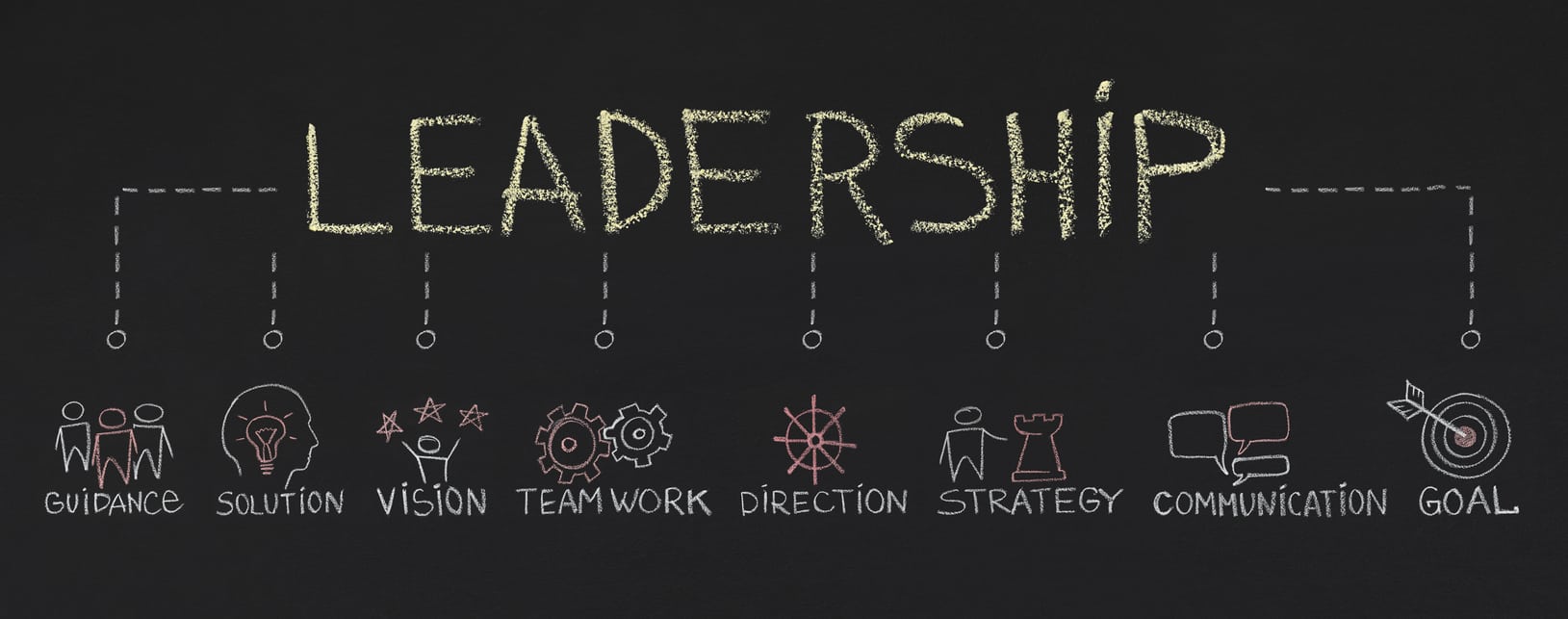Artificial Intelligence (AI) and Automation are about to disrupt every industry and change the way we work forever. While decision makers in the past spent a significant amount of time on administrative tasks such as coordinating, scheduling, and making short-term data driven decisions, AI will soon be able to take over these and other complex tasks. Managers and leaders will now have to understand the technical role of AI and fill in the gaps in areas it is a long way from developing, interpersonal and soft skills.
As automation takes over decision making on a daily basis, the next generation of managers with AI Leadership skills will have to take up higher level responsibilities involving the human aspects of decision making such as innovative thinking, employee development, and bridging the gap between technology and people. It also means that business leaders have much to gain with the advent of AI as found by an Infosys study. According to the report, 90% of the C-level executives expect measurable benefits from the deployment of AI technology in the organization while 77% of decision makers in the IT sector are confident that employees can be trained to work with the new job roles that AI will bring to the organization.
The advantages of AI are sure to offset the short-term challenges that it will bring with its adoption. Therefore it is critical that the leaders who will spearhead the transition of the current workforce into an automation driven paradigm possess the right set of skills to manage both the machine and human side.
Here are 10 AI Leadership skills that are essential for the future:
1. Emotional Intelligence
Emotional intelligence is one of the most valued skill leaders can possess in dynamic work environments. It is the ability to recognize and manage the emotions of oneself and others for reducing conflict and better human interaction. People with high EI can connect with others and display empathy and understanding. According to a Capgemini survey emotional intelligence is an essential skill set for the age of AI. The survey found that 74% of the executives believe that EI will become a Must-have skill and the demand for it is expected to increase by as much as six times.
2. Agility
The rate of disruption that AI brings to every industry necessitates that the business leaders keep up with the change and continue making critical decisions using the newly available technologies. They should not only be able to embrace change but also celebrate it, motivate their teams to follow in their footsteps, and adapt quickly to it by developing new skills that will enable them to work with unfamiliar technologies and procedures. Here leaders need to view change not as a burden but as an opportunity to grow and innovate with their new tools.
3. Empathy
Empathy is the ability to put oneself in the other’s shoes and see the world from their point of view. Leaders who are highly empathetic can establish trust with their employees and build positive relationships that can be highly productive for the organization. Managers who show greater empathy towards their employees are able to improve job performance and are even rated higher. Empathy is also essential to understand the pain points of employees and resolve conflicts that arise within teams.
4. Cultural Intelligence
Workplaces are increasingly becoming diverse as people from all around the world from different cultural backgrounds are dispersed at workplaces. Therefore developing cultural intelligence is one of the essential AI Leadership skills to manage highly diverse teams. Effective leaders will be able to cross cultural boundaries and prosper while leveraging the talent that different individuals bring to the table. Therefore leaders will not only have to be aware of different cultures but should also be able to relate to people from different cultural contexts.
5. Critical and creative thinking
Although AI can make calculated decisions based on existing data faster than any human can and see trends and patterns, all essential critical thinking still remains with the leaders. Critical thinking is to analyze problems from all points of view by using facts, knowledge, data and previous experience. This aspect of logical reasoning which sometimes involves counterintuitive ways of looking at problems is not something that AI can currently do. The same also applies to decisions that involve creativity and innovation. Organizations need to constantly innovate to develop new solutions and business ideas to stay relevant. That is a task that AI is not equipped to deal with.
6. Ethical judgment
Ethical judgment is a skill exclusive to human beings. While AI can come up with cost saving alternatives and tactics, it does not have the ethical burden of dealing with the consequences of its results. The conversation around the ethics issue has gone from what the technology can do to whether or not it should do it. Therefore effective leaders must be well conversant with the regulations surrounding the technology and balance it with the rate at which it is developing. When AI develops solutions to business problems, it is up to the leaders to decide if it aligns with the organization’s values, goals and mission.
7. Humility
The mark of a great leader is the balance of confidence and humility they have within them that lets them take on challenges. Leaders need to be well grounded in the capacities of their team and not overestimate themselves even when the challenge is well within their grasp. Humble leaders also see themselves as part of the team and not as the most critical cog to the overall success. They should also be constantly striving to encourage others to shine.
8. Accountability
As organizational structures become flatter and more teams work as project based partnerships, organizations will become more transparent and collaborative. The leaders should also become more transparent and accountable to the outcome of decisions taken by the teams. Accountability in the broader sense means to own what is to be done and motivate others to work towards it. It is also more important that leaders align themselves with the principles, goals and ethics of the organization.
9. Courage
The disruption that AI is set to bring can have systems going obsolete at a faster rate than most managers can keep up. Therefore, one of the core AI Leadership skills is the ability to face what is unknown and to be fast to unlearn and relearn new things. Therefore leaders will have to quickly let go of old ways of doing things and embrace the new and sometimes risky procedures. They would also need the courage to recognize weaknesses within themselves and be open to learning and correcting them.
10. Intuition
Intuition is something that is innate to human beings that no AI can match. While machines can make data driven decisions in the short term, they cannot evaluate long-term patterns or make predictions that can match the intuition of leaders with years of experience. The vision that keeps the organization meeting its goals needs the intuition of leaders in such areas as business, political factors and socioeconomic conditions.
Want to excel in leadership interviews? Check out Leadership Interview Questions and Answers to prepare for your next interview.
To Conclude
AI is here to make the decision making process on tasks that can be automated much easier for the future workforce. This frees up business leaders to focus on higher responsibilities that pertain to the human aspect of management and innovation. AI Leadership skills of the future that managers need are heavily oriented towards integrating employees and technology along with long-term decision making and vision.
Take up the PGP - Artificial Intelligence for Leaders Course by Great Learning and learn the skills that will make you an AI enabled business leader. Learn from the best in the industry with Online with Live Virtual Classes. No prior programming knowledge is required. Feel free to leave your queries in the comments below and we'll get back to you at the earliest.






